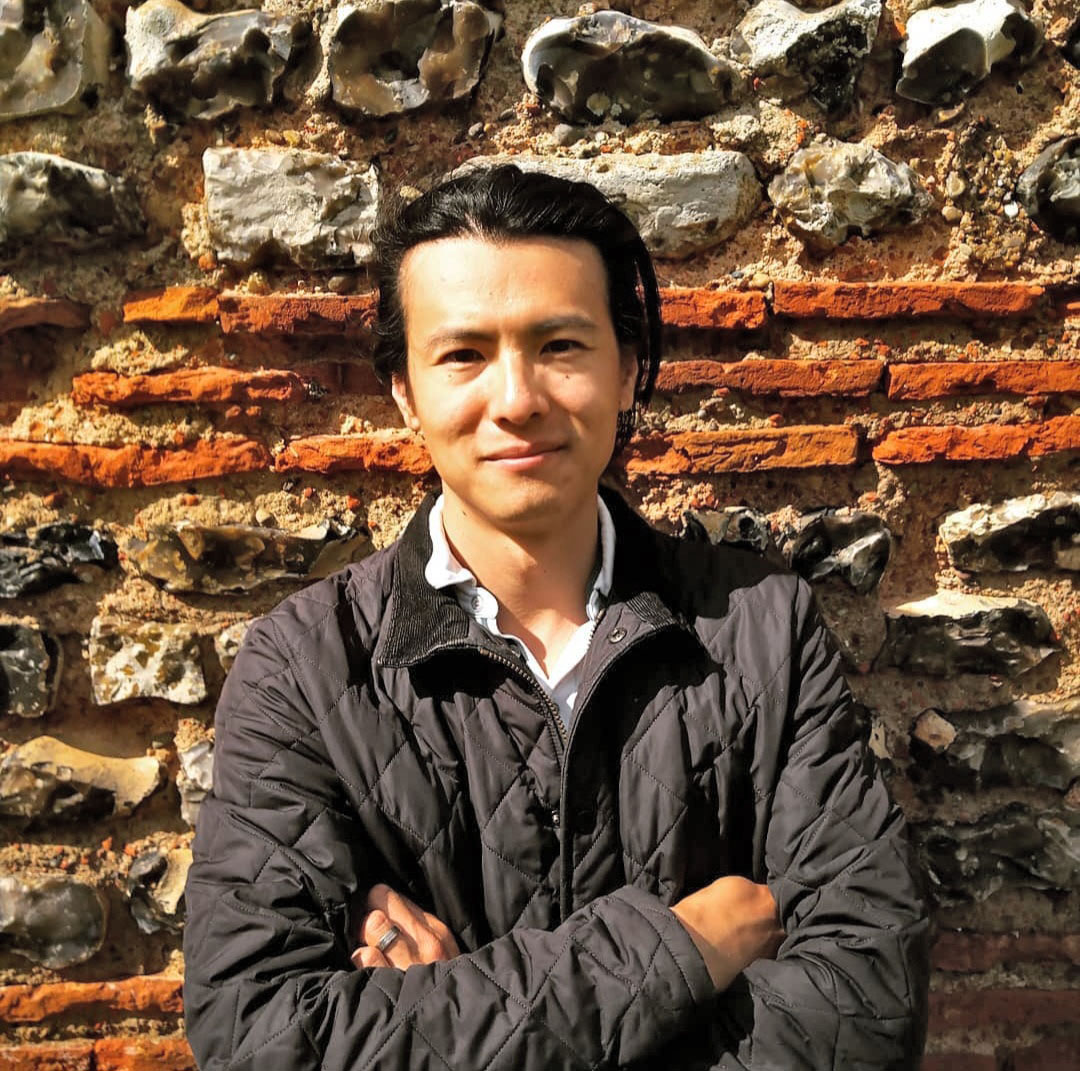Han Li
Ceramic Building Material specialist, MOLA

My name is Han Li and I am currently MOLA London’s newest Ceramic Building Material (CBM) specialist. I am currently a trainee and am training under Dr Ian Betts, who is MOLA’s senior CBM specialist. Simply put, it is my dream job.
I entered archaeology from a career in law. Working in archaeology, especially with Roman Building materials and architecture, was always a dream of mine. I decided to follow it sooner rather than later.
In my opinion, a successful archaeology career requires attention to detail, a passionate yet energetic approach towards a particular area of interest, and most importantly, a professional attitude towards your work and colleagues.
I entered commercial archaeology after being exposed to the profession during a research dig in East Sussex. Observing the excavation, interpretation and methodical procedures of uncovering a Roman villa, I realised that my legal training had given me the skill I need to succeed as a commercial archaeologist. My attention to detail greatly aided my day-to-day work. Being able to analyse stratigraphy, identifying the use of an object and building the bigger picture of how a settlement develops are a few examples that require this skill.
One thing I learnt while working as a field archaeologist for different archaeological units, is that most archaeologists have a specific area of interest which they are keen to focus on. It is important to be proactive and to pursue this interest. This includes reading and researching on the subject to keep yourself up-to-date with the developing community and literature in your area of interest. It is essential to attend conferences and be active in sharing your ideas with those who are already established in this area. This will help you boost your CV for when the right role is advertised.
Lastly, it is key to be professional and have a good work ethic while at work. Archaeology is a very demanding job with a small community. Although archaeology offers an enjoyable and exciting work environment, it is important to be supportive of your colleagues and to take emotional ownership of your work product. In addition, field archaeology can be challenging (particularly in unfavourable weather conditions, such as in the winter) and therefore adopting a compassionate and kind approach to colleagues is important. If you facilitate collaboration as a proactive team player, you are more likely to be recognised for your contributions.
Archaeology is a unique profession. If you want to have a long-term career in archaeology, I would advise setting realistic goals in terms of progression and doing your research on other people’s successes, paths and obstacles.


